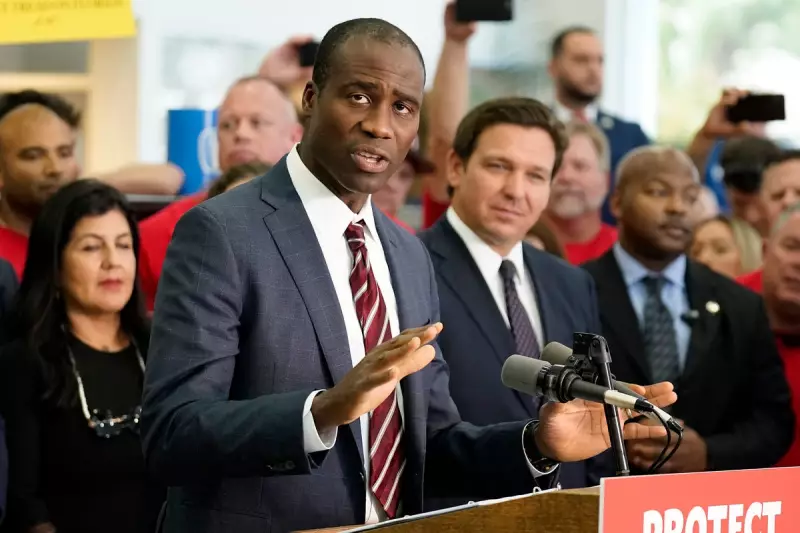
Florida First Lady Casey DeSantis has unveiled a new mental health initiative for the state's schools, a move that has immediately ignited a fierce debate over parental rights and student privacy.
The programme, which encourages students to complete a voluntary 'mental health wellness' survey, is facing significant backlash from parents and advocacy groups. The central controversy lies in its opt-out mechanism, where students are automatically enrolled unless their parents proactively submit a written refusal.
A Clash Over Consent and Privacy
Critics have lambasted the initiative's design, arguing that it undermines parental authority. The requirement for written opt-out forms, as opposed to a simpler opt-in process, is seen by many as a way to bypass explicit parental consent.
Furthermore, concerns have been raised about the nature of the questions posed to children. Reports suggest the survey delves into highly personal topics, including questions about a student's gender identity and sexual orientation, without a guarantee of absolute confidentiality from school staff.
The Official Stance: Promoting Wellness
From the administration's perspective, the programme is a proactive measure to address the growing mental health crisis among youth. Supporters argue it provides a vital lifeline for students who may be struggling in silence and creates a more supportive school environment.
The initiative is part of a broader push by Governor Ron DeSantis's administration, which has frequently positioned itself as a defender of parental rights in education through policies like the controversial 'Don't Say Gay' law.
National Implications and Ongoing Tensions
This development in Florida is being closely watched across the United States, as it reflects a wider national conflict over the role of schools in students' personal lives and the boundaries of health education. The outcome of this debate could set a precedent for how other states approach similar mental health and wellness programmes, balancing child welfare with fundamental parental rights.





